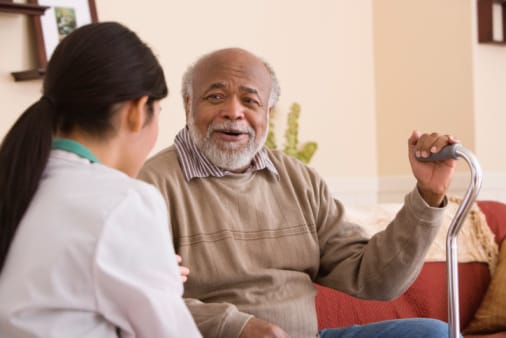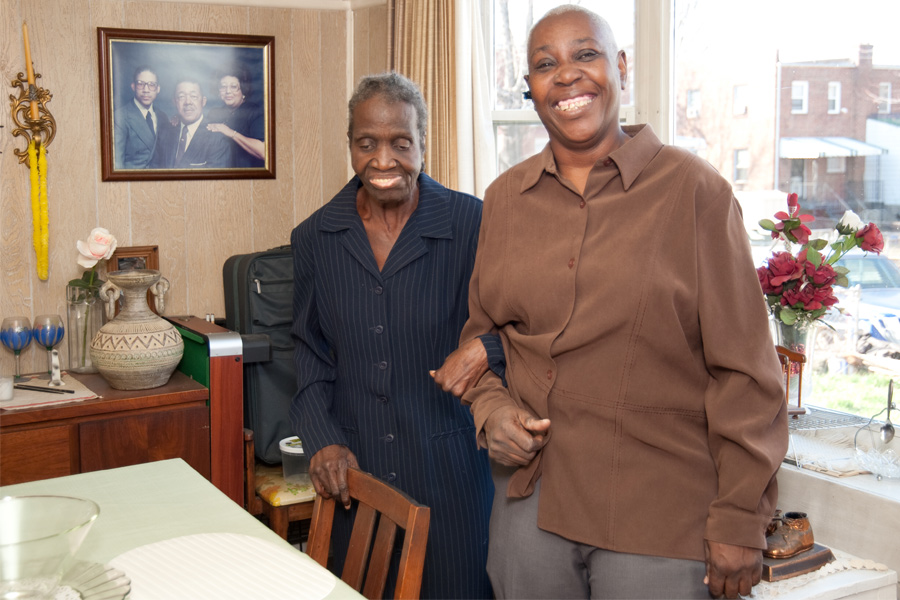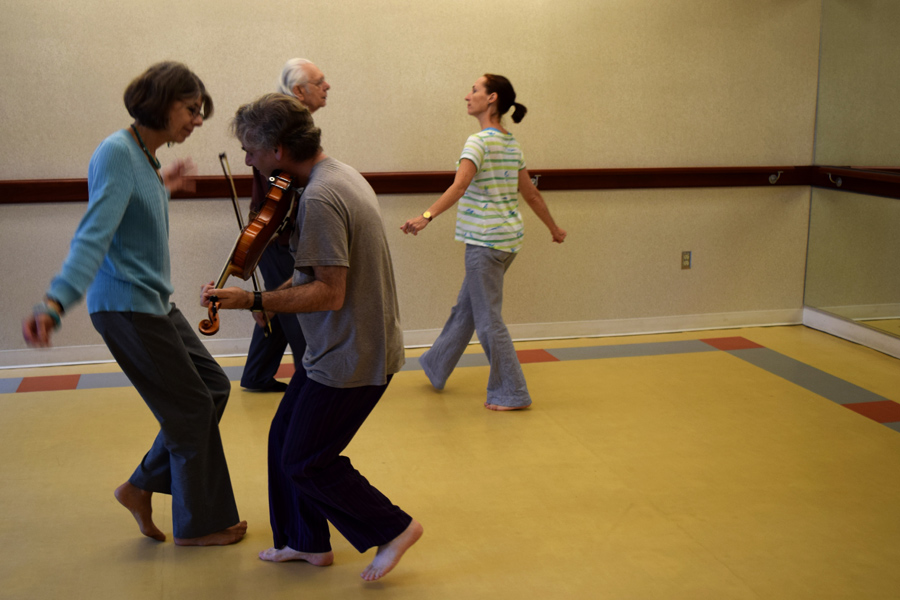Understanding the Mourning Process & Ways You Can Cope With Loss

 We all experience losses in our lives. As you get older, you’ll likely experience loss in many different forms. Some examples include divorce, the death of a loved one, a close friend moving away, or even the end of a job or relationship. Mourning is the process of how you adapt to and heal from a loss. While there are many different types of loss, this article is going to focus on coping with the loss of a loved one.
We all experience losses in our lives. As you get older, you’ll likely experience loss in many different forms. Some examples include divorce, the death of a loved one, a close friend moving away, or even the end of a job or relationship. Mourning is the process of how you adapt to and heal from a loss. While there are many different types of loss, this article is going to focus on coping with the loss of a loved one.
Some key factors that affect the mourning process depend on: your relationship to the person who died, the nature of your connection (close, distant, dependent), how the person died, if you’ve experienced other losses and how you managed them, your personality or self-esteem, what social support you have, and other stressors such as financial problems or worldly triggers.
To help you better understand the mourning process, here’s advice and coping strategies to help you on your journey.
There are a number of ways to understand the mourning process. You might be familiar with Elisabeth Kubler-Ross’s The 5 Stages of Mourning, which she identifies as:
- Denial
- Anger
- Bargaining
- Depression
- Acceptance
While understanding your mourning in stages might be helpful, there are drawbacks to this theory. People don’t usually go through the stages in order, or even experience all five.
Another mourning theory is psychologist J. William Worden’s four tasks:
- To accept the reality of the loss
- To process the pain of grief
- To adjust to a world without the deceased
- To find an enduring connection with the deceased in the midst of embarking on a new life
Your loss journey could be in stages, or tasks, or a number of other ways. No matter how you mourn, there are some common situations or feelings you might encounter. Pay attention to how you respond to these situations. You don’t want to become consumed with negative feelings or spiral downward. You may encounter:
- Grief attacks, or unforeseen surges of extreme emotion, which are common.
- Many emotions at one time, which can be confusing and may cause you to feel even more uneasy or awkward.
- People telling you how you should cope. Your experience is unique and different. Everyone grieves in their own way so be cautious about what advice you choose to accept.
- Isolation—isolating yourself can delay your healing, so be sure to determine who you can talk to about what you’re thinking and feeling.
- Feeling lost or overwhelmed by unanswered questions. You don’t have to figure everything out, as you won’t find answers to all the questions that may be swimming around in your head.
No mourning journey is the same. But there are positive coping strategies we recommend you try such as:
- Be gentle with yourself
- Don’t rush the mourning process. Remind yourself and others that it takes time
- Talk with caring family and friends
- Express your feelings
- Practice your spirituality (attend a memorial service, pray, meditate, etc.)
- Eat healthy foods
- Stay physically AND socially active
- Maintain a regular schedule, but take it easy and avoid unrealistic goals
- Postpone major life decisions
- Be aware of your triggers (holidays, anniversary of their death, death of someone else, etc.)
- Make a memory book about the individual
- Honor your loved one (e.g., plant a tree, donate money to their favorite cause)
- Join a bereavement support group
- Get individual counseling if grief is overwhelming or persistent
- See a doctor if unusual symptoms occur
As you work through the loss of a loved one, there are also not-so-positive coping strategies. We recommend that you avoid abusing drugs and alcohol, ignoring feelings, and isolating yourself. These actions will not help you heal long term, and may actually heighten your grief.
Remember that there is no set time schedule for mourning. It’s not the same for everyone and shouldn’t be rushed.
If you are mourning a loss, seek out and talk to others. You are not alone.
If you think you may need professional help, or aren’t sure where to start looking, Iona’s Information & Referral Helpline is a great place to start – call (202) 895-9448 and ask for the Helpline.
Related Articles

The Stories of Dementia in the District

A Couple’s Vows Create Opportunities to Age Well

Can You Imagine Taking Three Buses to Get to Iona?


